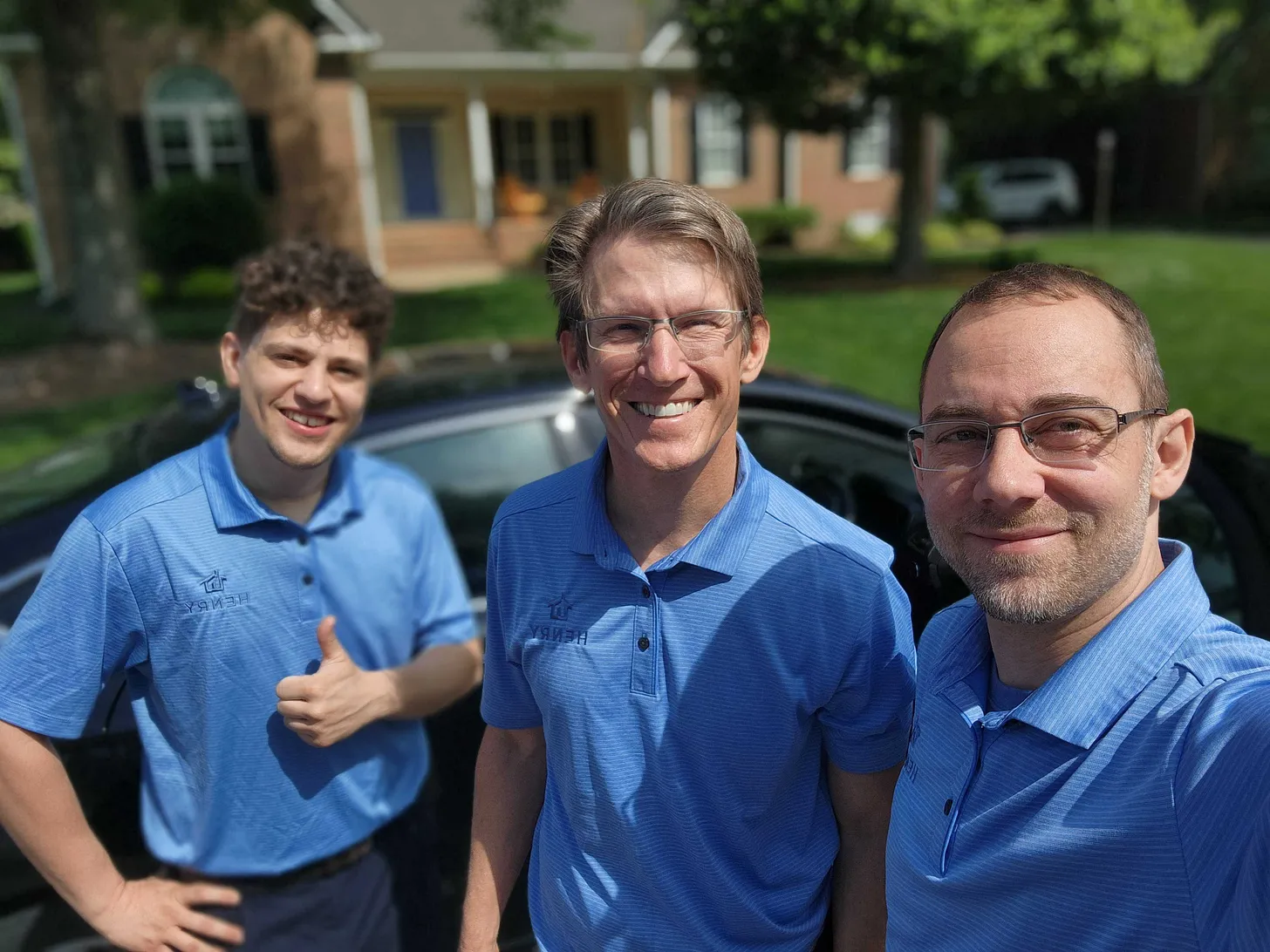Here are seven common vulnerabilities we've found that every Richmond homeowner should know about:
1. Water & Moisture Vulnerabilities
Freeze-vulnerable pipes (especially those original plastic and copper pipes in older homes) can create multiple water-related risks in Richmond's ever-changing climate and lead to potential flooding and drainage issues. Awareness of the health of your home's pipes can prevent significant problems in the future. Our assessments can identify these weak points before they lead to catastrophic damage and mold growth.
2. Indoor Air Quality Concerns
Many Richmond homes suffer from poor indoor air quality due to radon intrusion (a known risk in our region), inadequate ventilation, and buildup of pollutants like VOCs, carbon dioxide, and particulate matter. Our assessments regularly detect these invisible threats that can affect your family's health.
3. Mold & Mildew Growth
Richmond's historic homes and high humidity levels create ideal conditions for hidden mold and mildew growth. This not only leads to unsightly appearances but can also trigger allergies and respiratory issues in sensitive individuals.
4. Electrical Capacity & Safety Issues
During our assessments, we regularly find homes missing GFCI protection in wet areas, insufficient capacity for modern appliances, and aging panels that create potential safety hazards, especially in Richmond's older housing stock.
5. Foundation & Structural Vulnerabilities
Our clay-heavy soil expands and contracts dramatically with Richmond's seasonal moisture changes, creating foundation issues that are often overlooked until they become major problems. Our assessment can identify the early signs and recommend preventive measures.
6. Improper Drainage Systems
Clogged gutters, insufficient downspout extensions, and poor grading around foundations are common in Richmond homes, leading to water pooling that threatens structural integrity over time.
7. Outdated HVAC Systems
Clogged gutters, insufficient downspout extensions, and poor grading around foundations are common in Richmond homes, leading to water pooling that threatens structural integrity over time. Our assessment can make recommendations to improve performance and efficiency.
